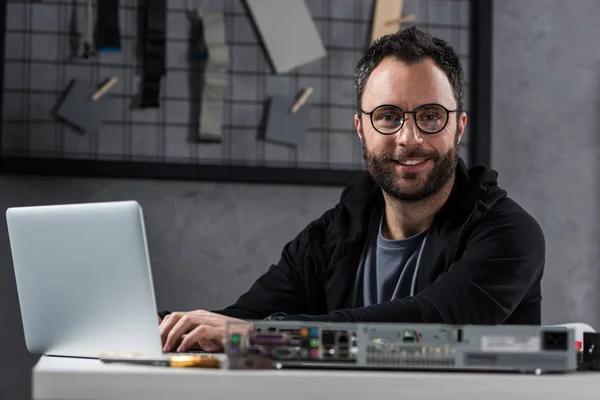eduartemethod.com The advent of technology has heralded a new era in healthcare, bringing about unprecedented changes that are reshaping the landscape of remote healthcare. As we stand on the brink of a technological revolution, it is evident that technology will play an integral role in shaping the future of remote health services.
One significant transformation zibasec.com brought about by technology is telemedicine. Telemedicine allows patients to consult with their doctors remotely through video conferencing or other digital platforms. This not only brings convenience but also ensures that everyone, regardless of their geographical location or mobility issues, can access quality healthcare services. Moreover, it saves time and reduces transportation costs for both patients and medical professionals.
Another groundbreaking technological innovation transforming remote healthcare is wearable devices. These devices monitor various health parameters such as heart rate, blood pressure, glucose levels among others and transmit this data to healthcare providers in real-time. This continuous monitoring enables early detection of any abnormality which can be addressed promptly thus preventing further complications.
Artificial intelligence (AI) is another game-changer in remote aimerseweb.com healthcare. AI algorithms can analyze vast amounts of data quickly and accurately to provide insights into patient’s health conditions. They can predict potential health risks based on patterns observed in the data enabling preventive care measures to be taken earlier than would have been possible otherwise.
Technology has also made strides towards improving medication management for patients using smart pill dispensers which remind users when it’s time to take their medication thereby reducing chances of missing doses or overdosing.
Moreover, electronic health records (EHRs) have revolutionized how patient information is stored and shared among different stakeholders within the healthcare system. EHRs have eliminated hygoknives.com paper-based records making hihiweb.com it easier for doctors to track a patient’s history over time thereby improving diagnosis and treatment plans while reducing errors due to lost or incomplete information.
Furthermore, 3D printing technology holds great promise for remote healthcare especially in developing countries where access to medical supplies may be limited. 3D printers can produce medical equipment such as prosthetics and surgical tools at a fraction of the cost of traditional manufacturing methods.
In conclusion, technology is transforming remote healthcare in ways we could hardly have imagined a few decades ago. It has made healthcare more accessible, efficient, and personalized than ever before. However, as we embrace these technological advancements, it is crucial to also address challenges such as data bestrollformingmachinery.com privacy and security issues that come with them to ensure that the benefits of technology are fully realized without compromising patient’s rights or sedrait.com safety. The future of remote healthcare looks promising internlaeyemusic.com with technology at its helm steering us towards better health outcomes for all.

